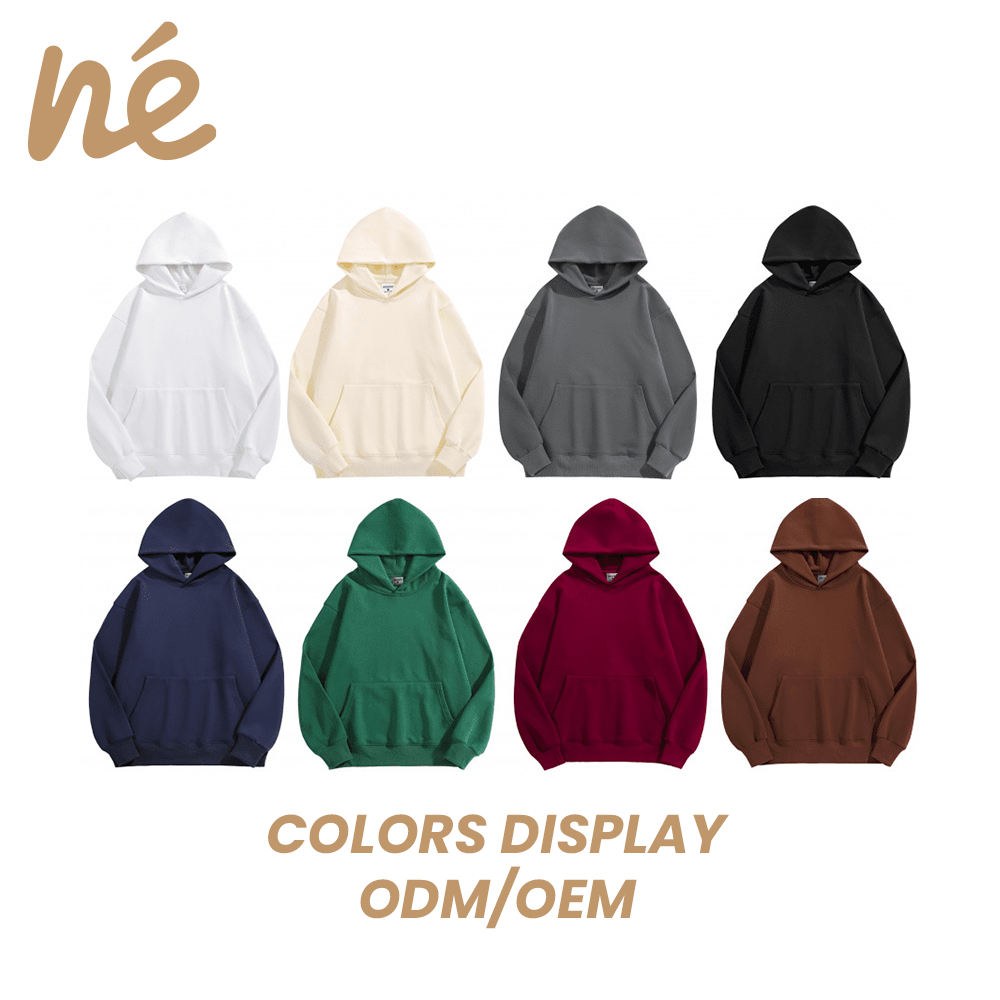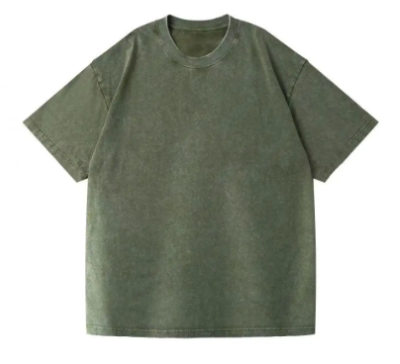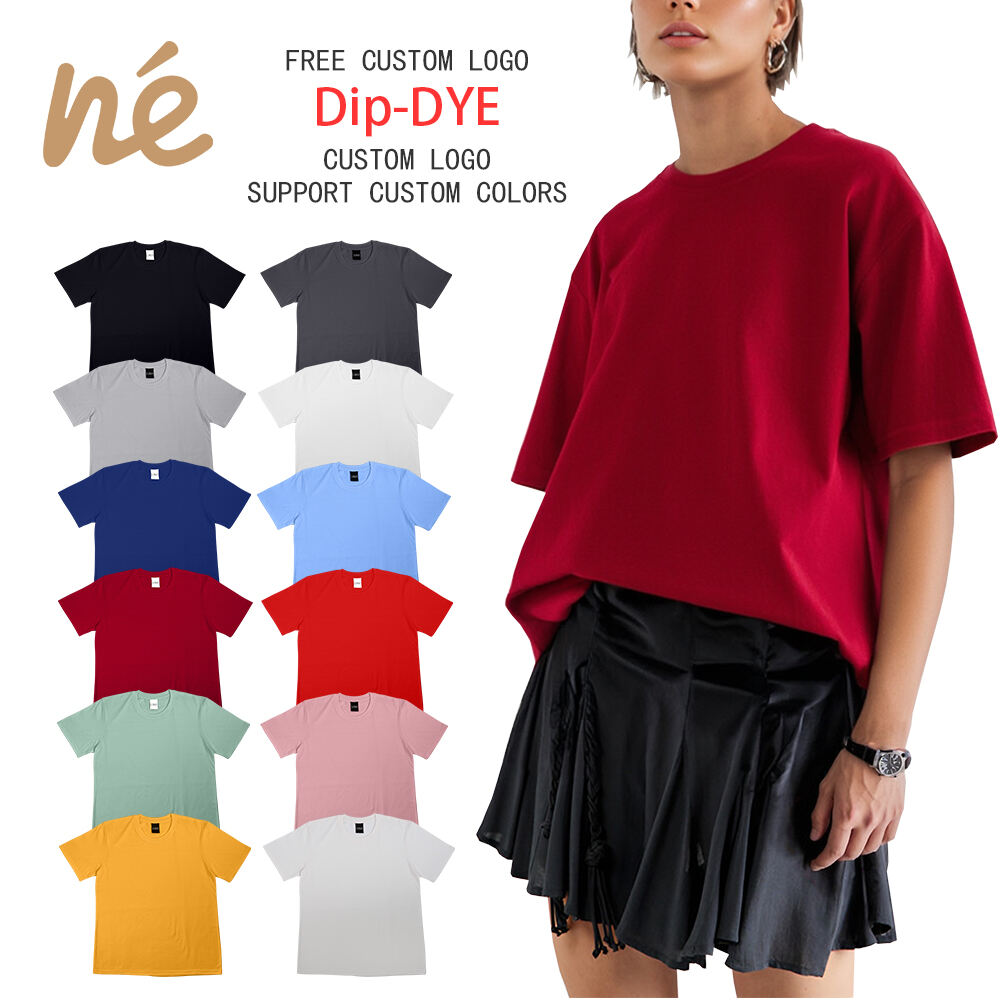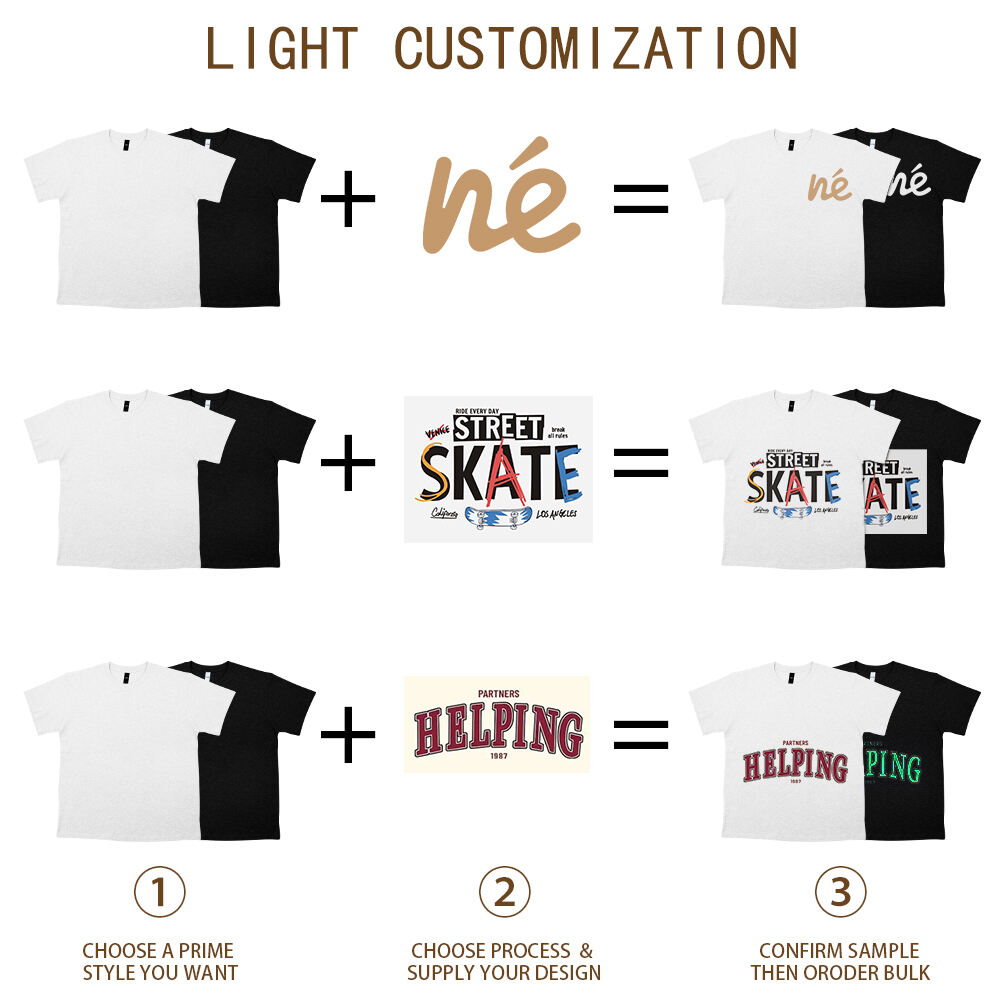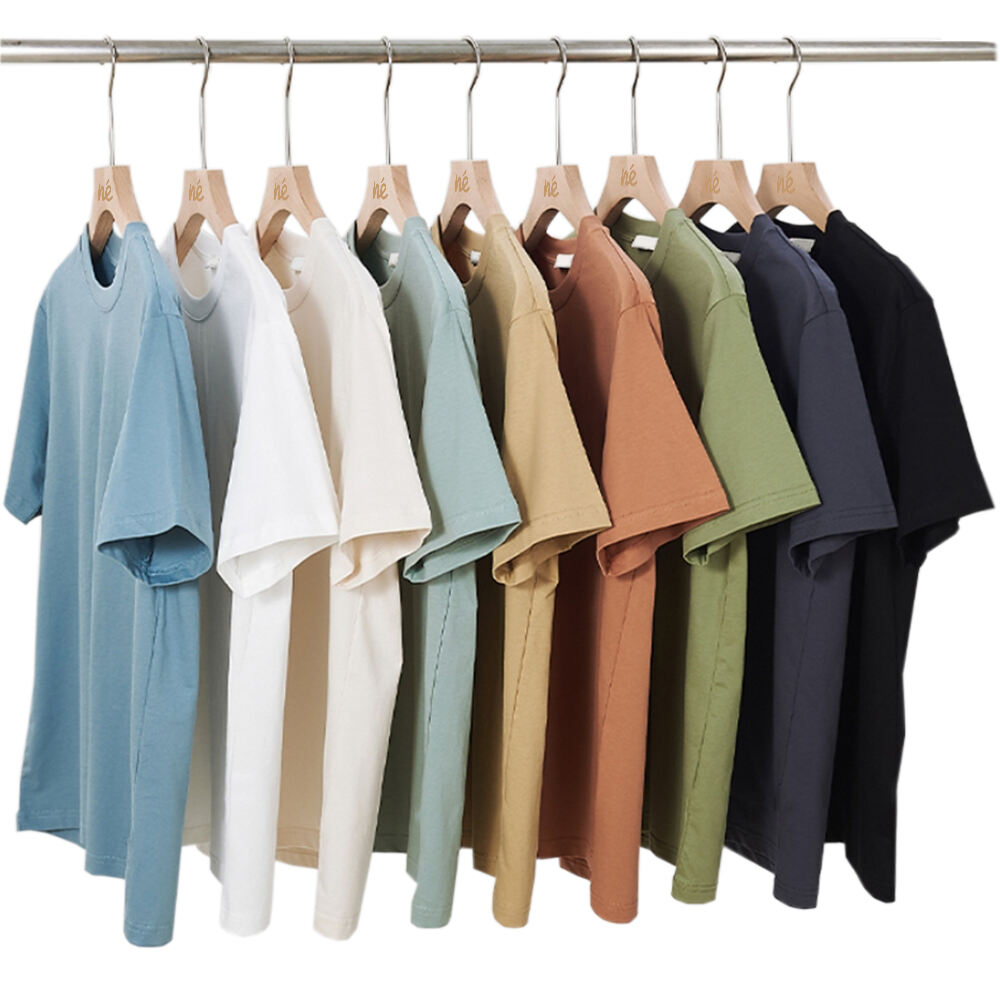organic clothing manufacturers
Organic clothing manufacturers represent a crucial segment of the sustainable fashion industry, specializing in producing garments using environmentally friendly materials and ethical production methods. These manufacturers focus on creating clothing items from organic materials, primarily organic cotton, hemp, and bamboo, which are grown without harmful pesticides or synthetic fertilizers. They employ strict quality control measures throughout the production process, from raw material sourcing to final product delivery. Modern organic clothing manufacturers utilize advanced eco-friendly dyeing techniques, water-efficient processing methods, and renewable energy sources in their facilities. They implement sophisticated supply chain management systems to ensure transparency and traceability of materials. Many manufacturers have adopted innovative technologies like digital printing, which reduces water consumption and chemical usage. These facilities often integrate cutting-edge waste management systems and circular economy principles, recycling water and materials whenever possible. Their production processes typically include rigorous testing for harmful substances, ensuring compliance with global organic textile standards. These manufacturers serve various market segments, from high-end fashion brands to everyday casual wear, producing everything from basics like t-shirts and underwear to complex garments like suits and outerwear.


